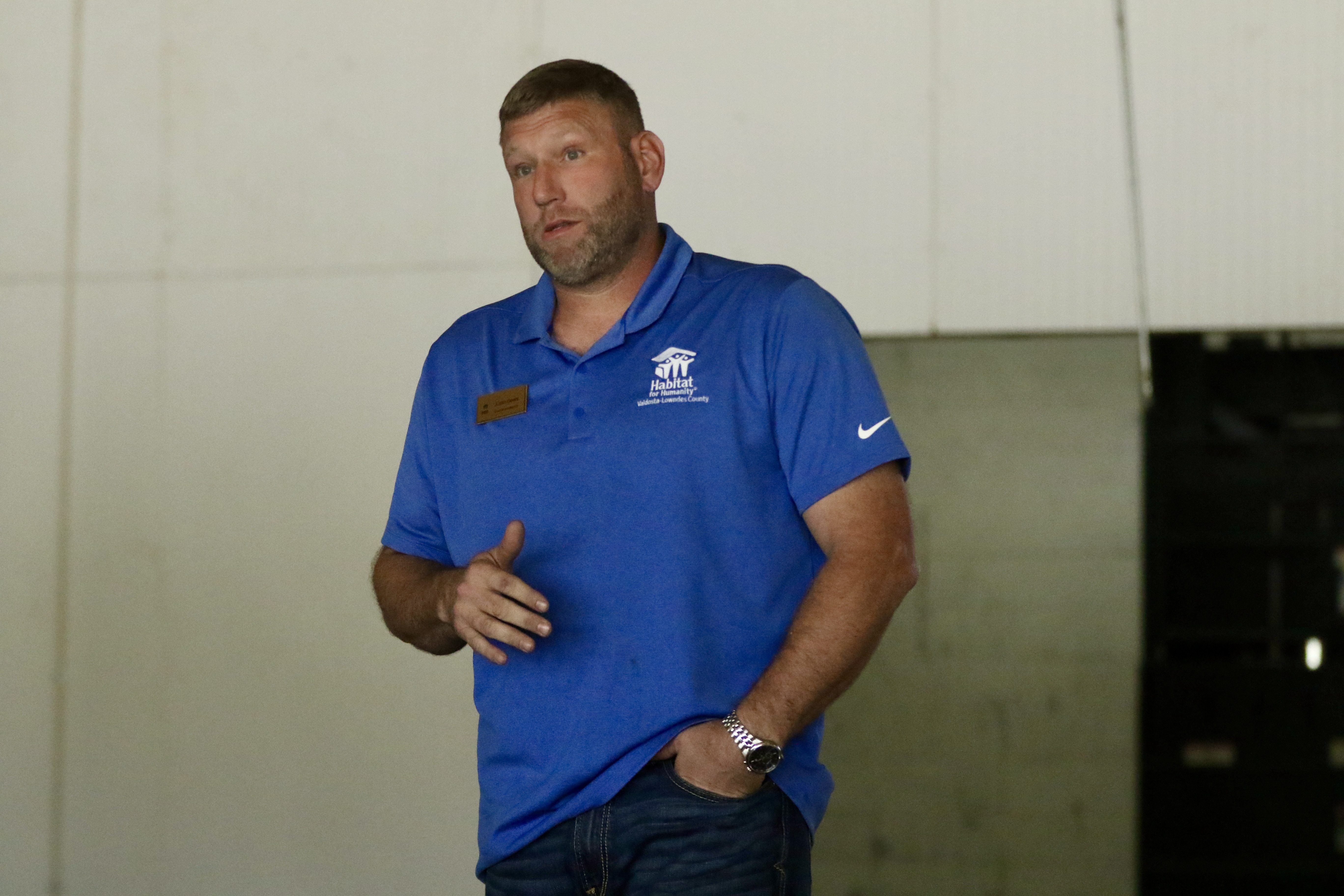EDITORIAL: Domestic disputes mar holidays
Published 9:00 am Sunday, December 29, 2019
Sadly, during the holidays law enforcement typically responds to the most incidents of domestic violence.
This should be a joyous time, when people spend special days and create memories with family and friends.
In many cases, however, the memories will not be pleasant ones.
Domestic violence is a problem everywhere, including Valdosta, Lowndes County and South Georgia.
During this time of year, a large percentage of 911 calls and law-enforcement responses are the result of domestic violence.
According to the National Coalition Against Domestic Violence:
— Every nine seconds, a woman is assaulted or beaten in the United States.
— An average of 20 people are physically abused by intimate partners every minute in the U.S.
— There are more than 10 million abuse victims across the U.S. annually.
— One in three women and one in four men have been physically abused by an intimate partner.
— One in five women and one in seven men have been severely physically abused by an intimate partner.
— One in seven women and one in 18 men have been stalked. Stalking causes targets to fear they or someone close to them will be harmed or killed.
— On a typical day, domestic-violence hotlines nationwide receive approximately 20,800 calls.
— The presence of a gun in a domestic violence situation increases the risk of homicide by 500%.
— Domestic violence accounts for 15% of all violent crime.
— Domestic violence is most common among women between the ages of 18-24.
— Nineteen percent of domestic violence involves a weapon.
— Domestic victimization is correlated with a higher rate of depression and suicidal behavior.
— Only 34% of people who are injured by intimate partners receive medical care for their injuries.
The Haven provides services to area women who have suffered from domestic violence along with offering educational programs available to individuals and community groups throughout the year.
Schools in the Valdosta, Lowndes County and adjoining school districts have trained counseling professionals on staff to help young people address issues associated with violence in the home.
Our law-enforcement agencies have trained professionals who are often called upon to diffuse dangerous situations and to deal with victims in caring and sensitive ways.
Domestic violence knows no socio-economic, racial or geographical boundaries. It exists among all social groups and in every community.
Recurring domestic violence within families is something no one wants to discuss but it is a conversation that must take place. The culture needs to be changed and the cycle must be broken.
We encourage more public dialogue and more conversations among families, especially children, to make it clear that violence is not a solution to problems in relationships and is never the right way to express frustrations or anger.
Finally, we urge all of our readers to protect women and children and err on the side of caution by reporting suspected violence and abuse to law enforcement.
If you see something, say something.





